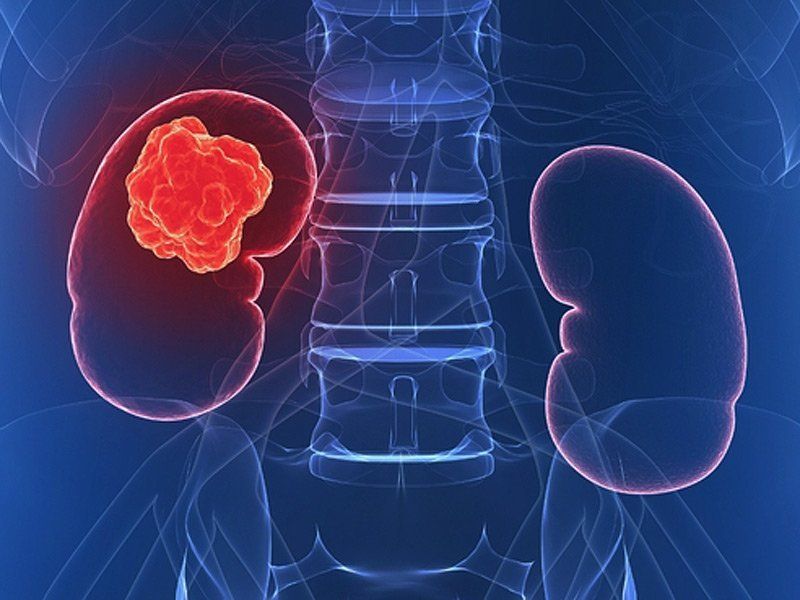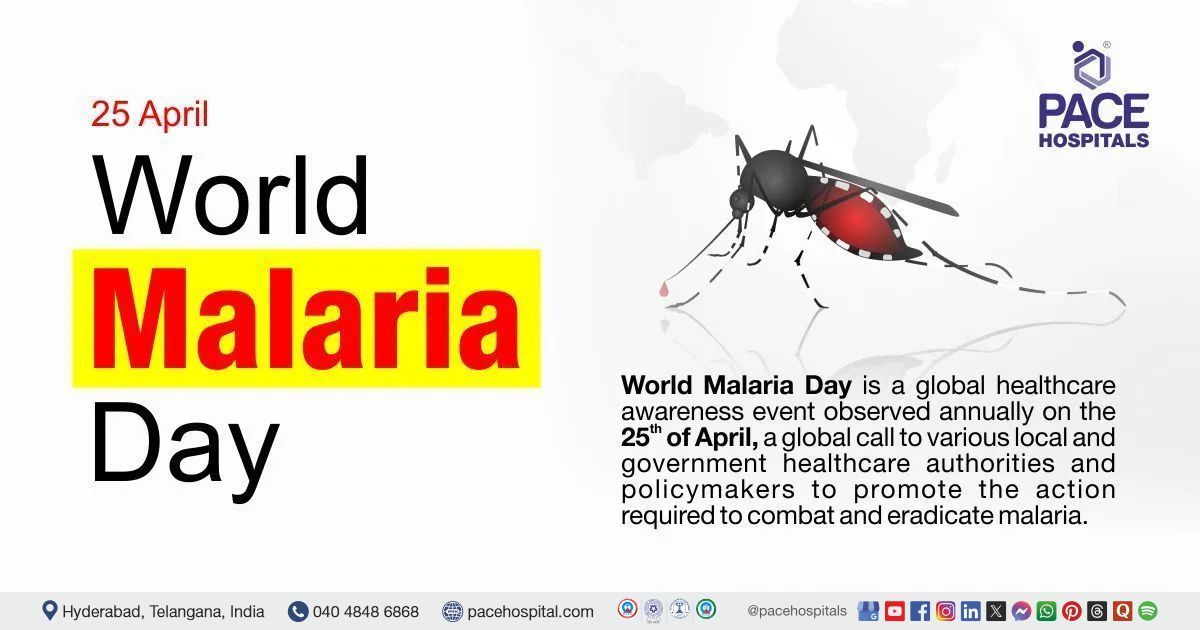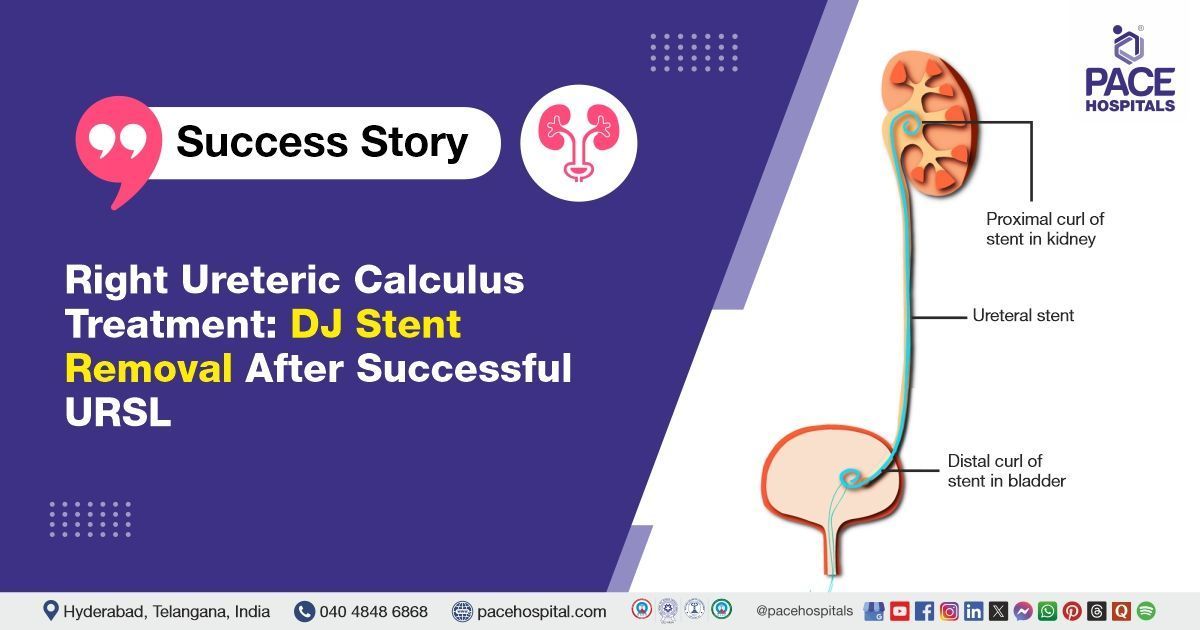Kidney cancer can be a surprise
Kidney Cancer refers to the Cancer that can originate in the kidneys. Kidney cancer ranks among the top 10 most cancers in both men and women.
The incidence of Kidney Cancer has been increasing in recent times as it is being now more frequently detected with improved diagnostic techniques, imaging technologies and general health awareness among general population. According to The American Cancer Society statistics around 65,000 new cases of kidney cancer will occur in 2017 and about 14,400 people will die from the disease. The average age to develop kidney cancer is 64 years. Life time risk of developing a kidney cancer is 1 in 63 (1.6%). Unlike other cancers, as prostate, cervix or breast, there is no recommended screening test for kidney cancer. Since kidney cancers do not usually produce any signs or symptoms, it is easy to go unnoticed until the disease has progressed. Hence it becomes important for those at a higher risk of developing the disease to know to the symptoms that can occur and consult their urologist.
SYMPTOMS
The common symptoms of Kidney Cancer are:-
·Blood in urine
·Pain in back
·Weight loss , decreased appetite
·Excessive fatigue
·Lump in abdomen
CAUSES & RISK FACTORS
Kidney Cancer is caused by the genetic mutation of cells turning them from normal to abnormal cells in the kidney. The exact cause of the mutation is yet unascertained. Some of the factors that increase the risk of kidney cancer are:
·Obesity & excess body weight
·Type-2 diabetes
·Family history of kidney cancer
·Excessive smoking
Other kidney disorders
A variety of genetic and lifestyle choices can increase one’s risk of developing kidney cancer, including family history, obesity, smoking and some inherited conditions.
DIAGNOSTIC TESTS
Includes blood tests, urinalysis, a CT scan/MRI scan and in rare cases a biopsy. A CT scan helps us identify a growth in the kidney, its spread and usually determine if it is malignant.
TREATMENT
The treatment approach depends on the patient’s condition as well as the stage and size of the tumor. If treatment is recommended, tumor removal with minimally invasive techniques using laparoscopy are preferred over larger-open incision approaches, which scores by reducing pain, hospitalization and recovery time. Treatment for a patient whose cancer has metastasized (spread beyond kidney) typically involves removal of the affected kidney followed by chemotherapy. If you have concerns or questions about kidney cancer, talk with your urologist.Share on
Request an appointment
Fill in the appointment form or call us instantly to book a confirmed appointment with our super specialist at 04048486868














